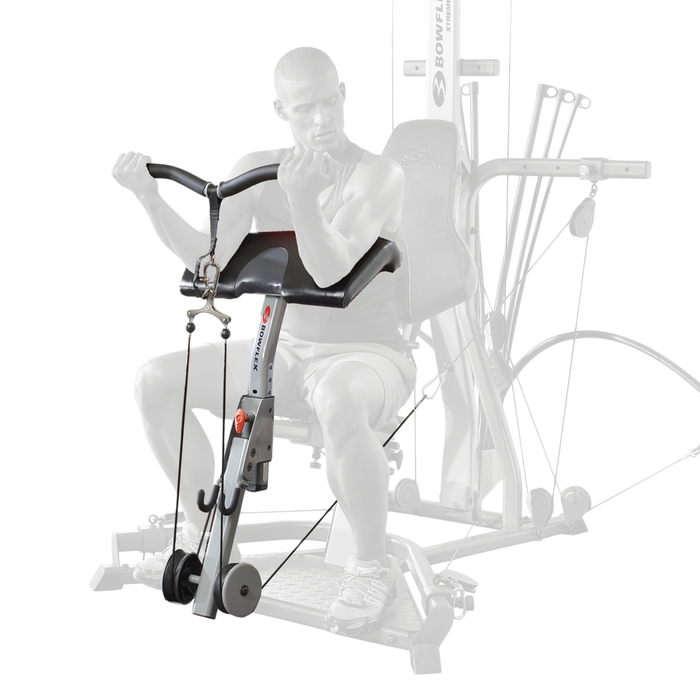The Importance of Sleep

Lack of sleep is probably one of the most overlooked aspects of health and wellness that I come across. It's one of the first things folks sacrifice in order to focus on work or other activities. Athletes, in many cases, sacrifice sleep to train more. Unfortunately, this can be detrimental to a person's health. According to the Centers for Disease Control (CDC), "Insufficient sleep is associated with a number of chronic diseases and conditions, such as diabetes, cardiovascular diseases, obesity, and depression."
Don't be fooled, exercise is stressful to your body. There's a reason you can't exercise all day! Adequate sleep is paramount to your recovery. Lack of sleep will stop your efforts to lose fat or gain muscle right in their tracks. Sleeping is also when your body recovers from the stresses of the day. I typically recommend my clients to get at least 7 hours and prefer if they can get 9. The CDC recommends that adolescents get 8.5 to 9.5 and adults get 7-9 hours.
Sleep really should be considered a key ingredient in your training regimen so don't overlook its importance. Trust me, your body will thank you and reward you by maximizing your workout results, reducing your chance of injury from overtraining, and even better, making you feel good!
Here are some simple tips to help make sure you get a good night's sleep:
- Go to bed at the same time each night, and rise at the same time each morning.
- Sleep in a quiet, dark, and relaxing environment, which is neither too hot nor too cold.
- Make your bed comfortable and use it only for sleeping and not for other activities such as watching TV, or listening to music.
- Remove all TVs, computers, and other "gadgets" from the bedroom.
- Avoid physical activity within a few hours of bedtime.
- Avoid large meals before bedtime.



























